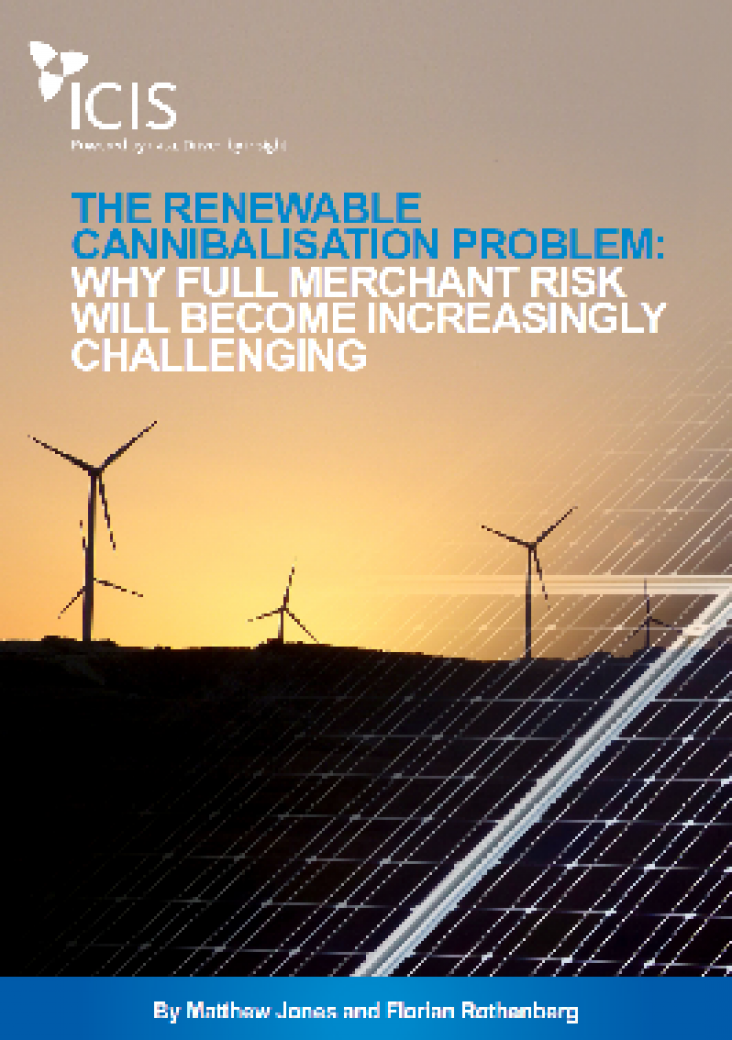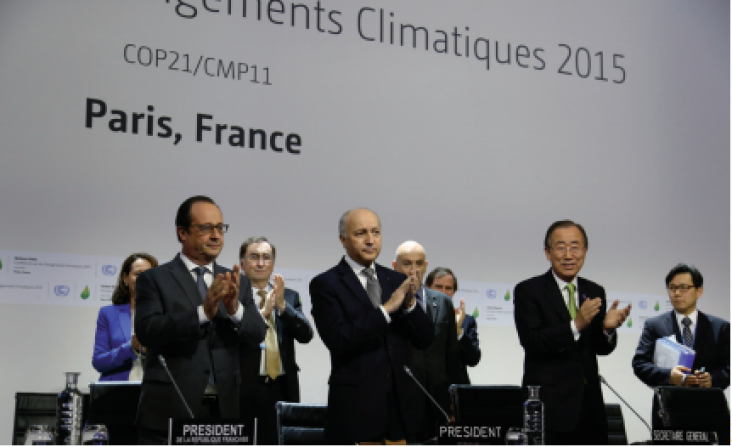
This white paper examines whether ambitious renewable targets and private sector financing is compatible in Europe over the next decade. It directly relates to SDG 7 - affordable and clean energy, and SDG 13 - climate action.
Partner content
United Nations Global CompactUnited Nations Global Compact, September 2019
This report showcases business leadership on climate action aligned with limiting global temperature rise to 1.5°C. Advancing SDGs 12, 13 and 17, this report features solutions and strategies developed by companies that have taken the 1.5°C pledge and examines how business leaders are integrating this process into corporate strategies and generating employee buy-in.
This white paper examines whether increasing carbon prices are helping to reduce carbon emissions in the European Union. It directly relates to SDG 7 - affordable and clean energy, and SDG 13 - climate action.
Partner content
United Nations Global CompactUnited Nations Global Compact, June 2019
This report explores the role of business in securing a healthy, productive and well-governed ocean, contributing to SDGs 12, 13 and 14. Private sector innovation and investment, together with strong public and private governance frameworks, could exponentially increase the amount of sustainable resources delivered from the ocean, including healthy food, secure and affordable clean energy, and more efficient and lower-carbon transport.
To advance goal 12 and 13, this report provides guidance on the “ambition loop” — a positive feedback loop in which bold Government policies and private sector leadership reinforce each other, and together, take climate action to the next level.
While most businesses understand and recognize their responsibility for the health and safety of their employees, few have connected the dots between their business actions and health outcomes in the market place, in society more generally and in the supply chain. This report outlines concrete actions for companies to embed health and empowerment in their policies, systems, and operations, advancing SDGs 3, 8 and 13.
This solution-focused report — the fourth in its series — offers 10 new markets which could help get the Global Goals back on track, such as blockchain-based land rights for Goal 10 and energy-efficient cooling for Goal 13. The report aims to demonstrate how global sustainability challenges and risks can be seen as opportunities.
The Blueprint for Business Leadership on the SDGs aims to inspire all business — regardless of size, sector or geography — to take leading action in support of the achievement of the Sustainable Development Goals (SDGs). It illustrates how the five leadership qualities of Ambition, Collaboration, Accountability, Consistency, and Intentional can be applied to a business' strategy, business model, products, supply chain, partnerships, and operations to raise the bar and create impact at scale. The Blueprint is a tool for any business that is ready to advance its principled approach to SDG action to become a leader. This chapter relates specifically to SDG 13.

Landmark emissions targets were outlined at the COP21 meeting in Paris in 2015 and the chemical industry will play an important role in achieving them. The support of the chemical industry is vital for advancing SDG 13.2 to integrate climate change measures into national policies, strategies and planning. This report also emphasises the opportunities that climate action brings to the chemical industry.
This series examines trends in participation in the Caring for Climate initiative, including emissions performance of companies, as well as progress companies have made against the five commitments endorsed by all signatories in the Caring for Climate Leadership Statement. By providing this analysis, Caring for Climate seeks to remind signatories of their progress towards a building a low-carbon society and to encourage greater participation in the initiative, supporting goals 12,13,14 and 15.
